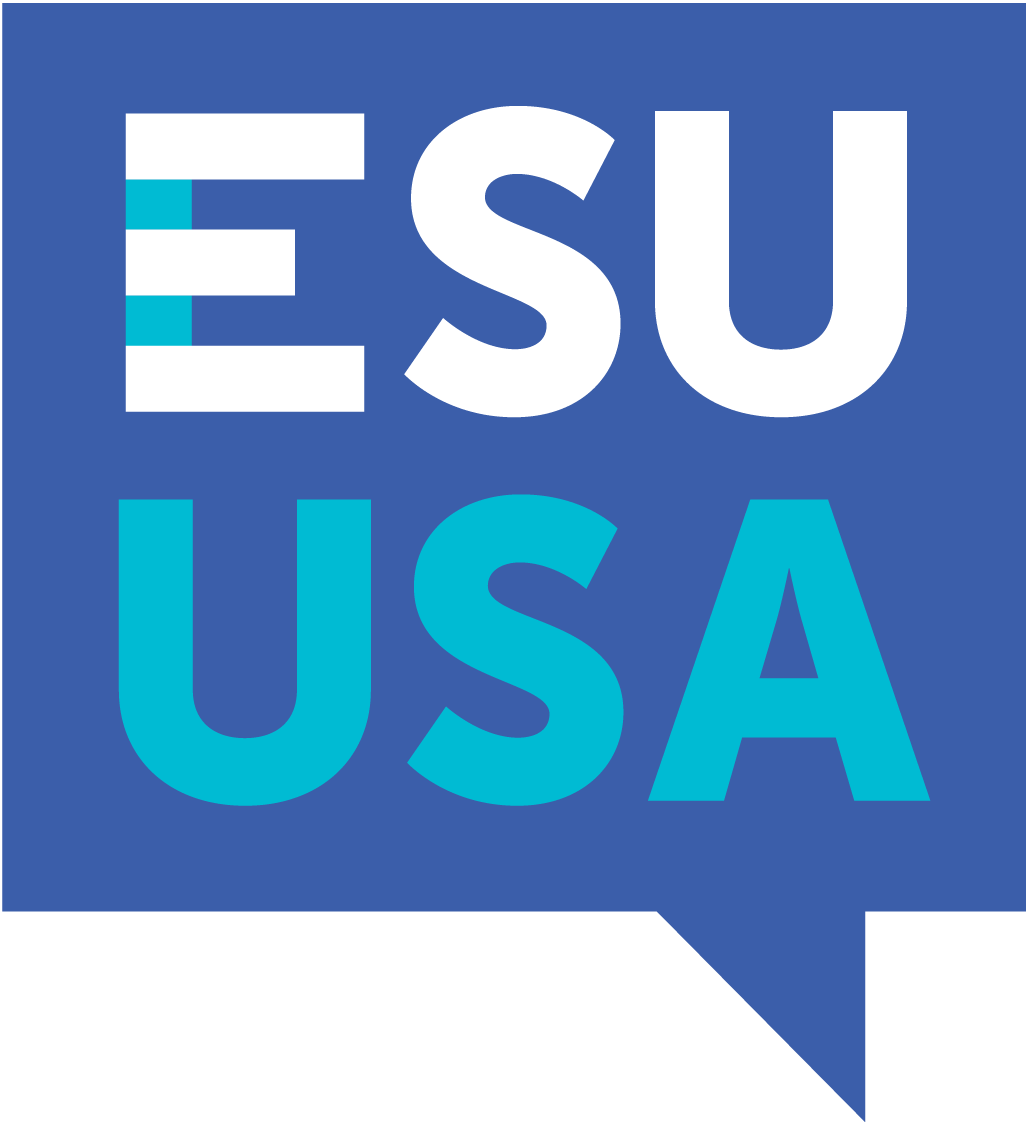
International Public Speaking Competition
Ali Cohen's Blog from London
We sat around a table in the lobby of the "President" hotel, 20 accented voices in chorus arguing about the proper way to play the card game "mafia". Argentina asserted it was played with two people adopting the role of guardian. Estonia refuted this, claiming that only one person was chosen as guardian but three people got to be the "mafia". Meanwhile, Brazil confusedly turned in her seat as people referred to the strange name of this game; she had always known mafia by the name "werewolf". As we debated the intricacies of the game we had learned to play differently in our respective countries, a sense of unity began to arise out of the chaos.Over a deck of cards, 20 people from all over the world began to understand each other better.
In February of 2018 I applied for an online public speaking contest through the English-Speaking Union of the United States. My speech on girls' access to education did extremely well in the national competition and I was named the United States delegate to the international competition in London sponsored by the English-Speaking Union of the Commonwealth. The week-long event held in late May included extensive public speaking training, excursions to famous English monuments, and the chance to mingle with 52 other young people from 49 other countries.
I was traveling alone to London and my eleven-hour journey in solitude left me plenty of time to dredge up worries about the week ahead. Naturally, I was nervous about competing, but never before had I experienced such immense pressure to properly represent my country. I was also afraid of unintentionally offending someone's culture, mispronouncing my fellow competitors' names, or even worse, accidentally developing a British accent.
The second I stepped into the Dartmouth House, the headquarters of the International English Speaking Union, all of my worries melted away. The 52 other competitors filtered in over a couple of hours until the baroque rooms were packed tight with well-dressed young people. A public speaking contest attracts an articulate, opinionated crowd and so we habitually fell into discussion over differences in food, music, culture, and politics. The words "hegemony" and "memes" were seamlessly thrown in and out of conversation as the volume mounted to deafening levels. To new to each other's names, we referred to each other by country leading to funny statements like "Where is Sri Lanka?" "The Netherlands has such a pretty dress on." and "See the United States and Mexico CAN get along!". As we stood in the rooms of the Dartmouth House, laughter and discourse began to dissolve cultural divides.
Throughout the next week our sense of global community grew over shared experiences. We pounded the streets of London with wide eyes, sightseeing, participating in workshops, and exploring every part of the city. At one point we discovered we had royalty in our numbers, which of course demanded us to refer to the delegate from India as "your royal highness". While our excursions took us all over London, the cultural exchange we participated in took us all over the world. I learned about American military bases in Okinawa from an Okinawa herself. I heard about Russian propaganda in Estonia, and the impacts of globalization on Rwandan culture. This week taught me that travel does not have to be by plane or boat but can be by word. While I still don't precisely know how mafia is played, I do know that I now have a global family.

 Share
Share Print
Print Facebook
Facebook YouTube
YouTube LinkedIn
LinkedIn Email
Email Twitter
Twitter